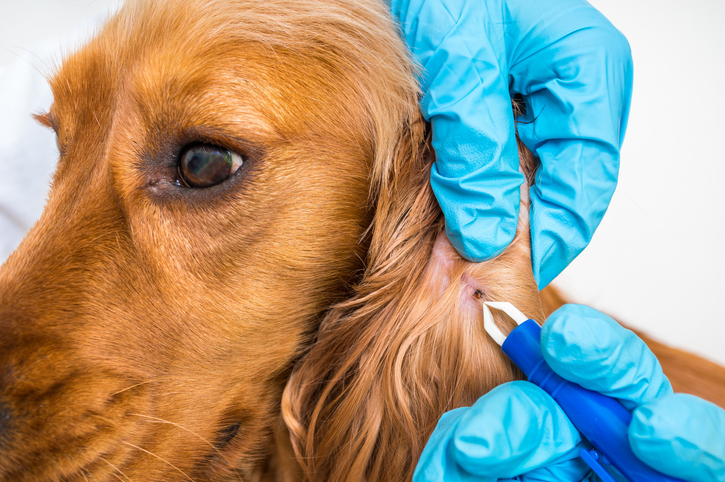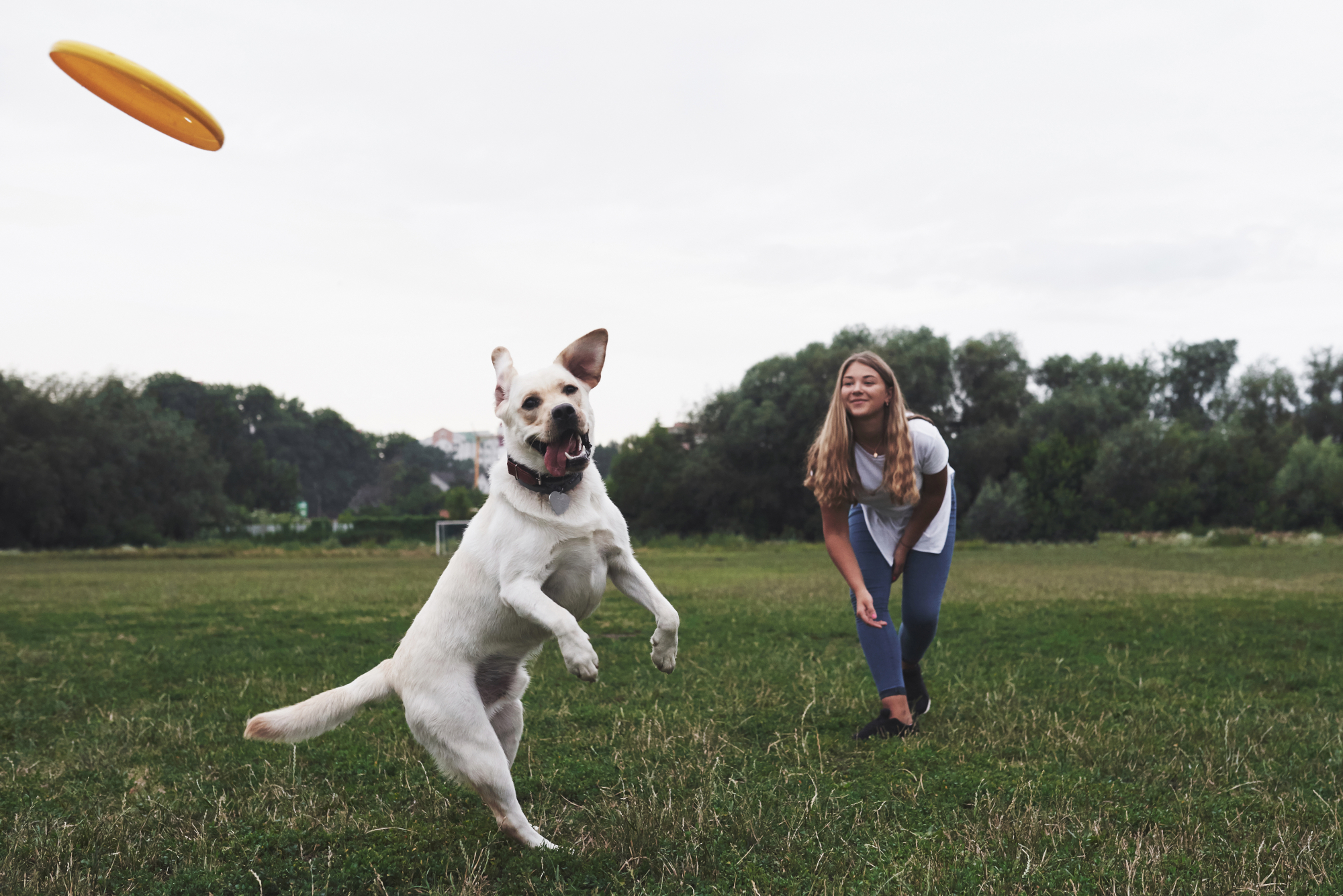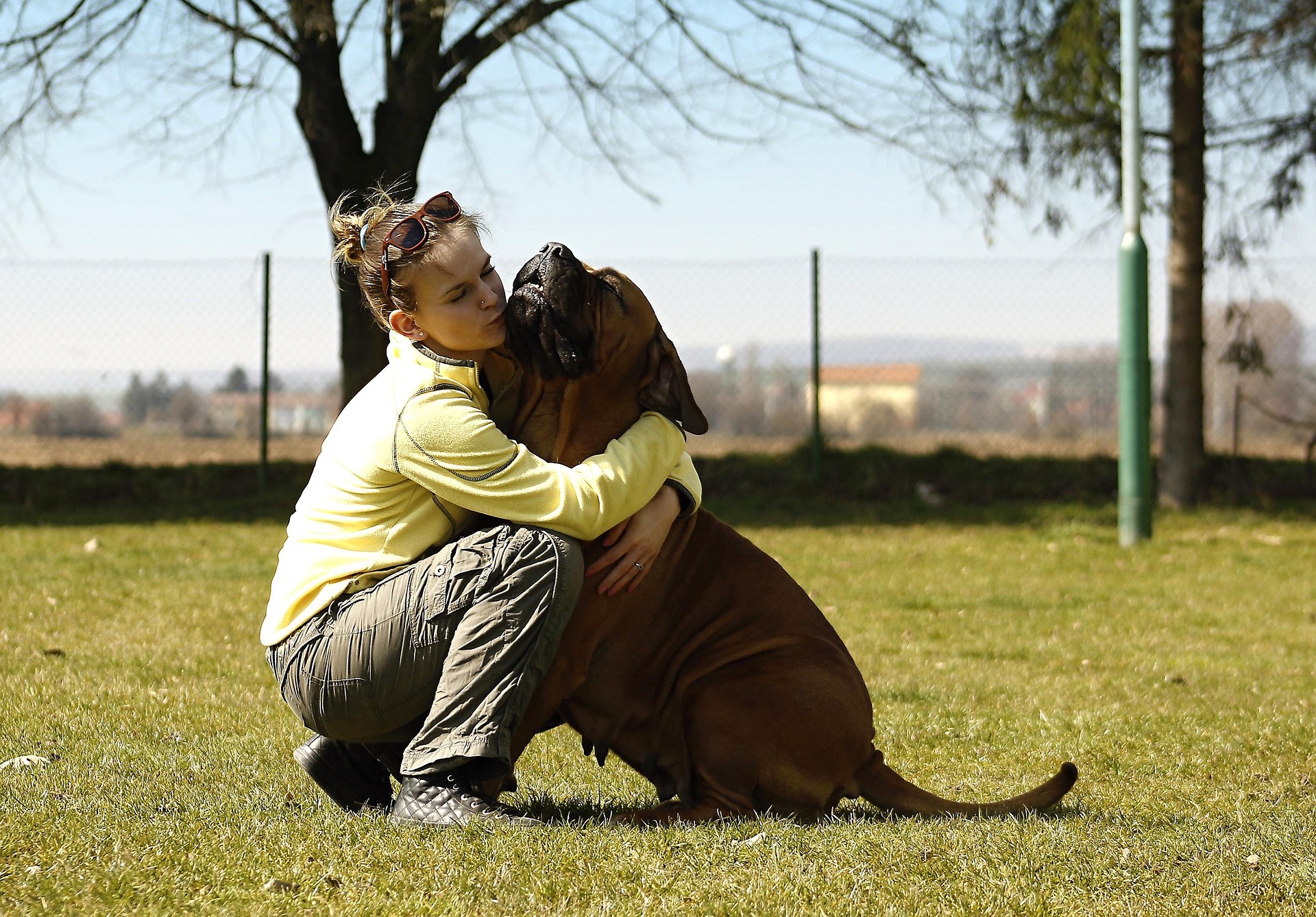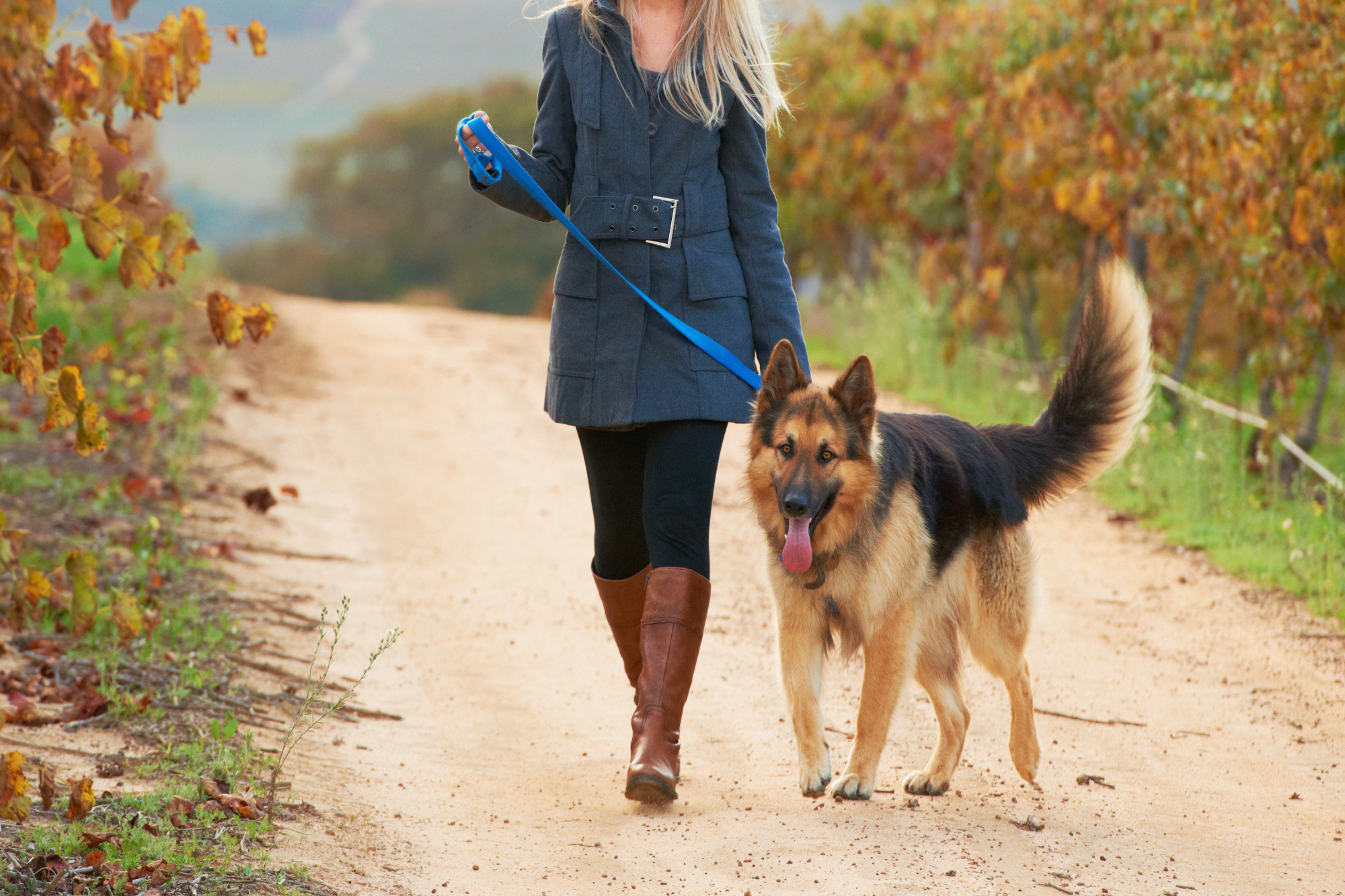Pets are a priceless part of so many of our lives. Whether you have cats, dogs, rabbits, or another kind of pet entirely, you know how much love, joy, and companionship a furry (or feathery, or scaly) friend can bring to your life. They become beloved members of the family in short order, and they go through life with us, spreading happiness each and every day.
In return for the endless love and companionship provided by our pets, we owe it to them to be as safe and responsible as possible. For all their intelligence and self-sufficiency, pets still need plenty of attention and care to keep them safe, healthy, and happy. In this guide, we’ll go over a few of the top ways to be as responsible as possible with your pet.
Understand the Commitment of Having a Pet Before You Adopt
When deciding whether to adopt a pet, it’s vital that you recognize the weight of this decision. Welcoming a pet into your home is always fun and exciting to begin with, but your pet will be in your life for a long time—anywhere from 5 to 20 years. During this time, there will be moments of frustration. There will be unexpected health expenses and concerns. You’ll have periods where it’s a challenge to find the time to care for your pet.
Understanding the financial, time, and energy commitment of having a pet is an essential first step. Truly consider whether you’re ready to prioritize your pet’s health, safety, and happiness for the long term. Being positive about this choice will mean your pet gets better care throughout their life.
Always Choose Preventative Care
The expression is true: An ounce of prevention is worth a pound of cure. In all cases, being proactive is the best way to protect your pet from health issues, injury, or other serious problems later on.
Because pets can’t communicate how they feel (and in many cases, will hide it based on instinct), it’s up to us to take good care of them from the beginning. This goes for everything from preventative flea and tick treatment, to vaccinations, to proper grooming. Your vet will also be able to help explain the key aspects of proactive care for your specific pet.
Be Disciplined with Diet and Exercise
Related to the last point, it’s crucial that pet owners prioritize a healthy diet and lots of exercise for their pet. It’s tempting to let your dog have a taste of your table scraps or to feed your cat every time you open a can of tuna. And while this might be fine once in a while, you shouldn’t allow it to become a regular occurrence. Not only does this encourage begging behaviour, but it can also contribute to obesity in your pet, especially if they’re not getting enough exercise.
Obesity is one of the leading causes of health issues in pets. Animal obesity is a serious concern that is completely preventable with a little discipline on the part of the pet owner.
Limit Pet Overpopulation
Unless you have plans to safely, ethically, and legally breed animals, you should aim to get your pet spayed or neutered by a trusted veterinarian as soon as they’re of age. Altered pets are calmer, less aggressive, more predictable, and will show less distasteful or frustrating behaviour. They’ll probably get along better than other pets, will smell better, and of course, won’t be able to create any unplanned litters of puppies, kittens, or baby rabbits.
Make Sure Your Pet Can be Identified
It’s highly recommended to make sure your pet can be identified in case you’re ever separated from them. A collar tag with a phone number is a good start, but it’s even better to have your pet tagged, tattooed, or microchipped. This ensures that anyone who finds your pet can get in touch with you, provided your pet’s registration is kept up-to-date.
Be Courteous
No one likes dog owners who don’t clean up after their pups, or tenants who let their cats poop all over the house. In general, being respectful of rules and common etiquette is a big part of being a responsible pet owner. We recommend always leashing your dog in public places, not allowing your cat outside the home, training your dog not to bark for the sake of your neighbours, and of course, always cleaning up properly after your pet does their business.
Include Your Pet in Emergency Preparedness Plans
Everyone needs to have a response plan in case of an emergency, and your pet needs to be a part of it. They’re like any other member of the family, and planning on abandoning them in the event of a natural disaster or other emergency is irresponsible and unacceptable. If you have an earthquake kit, make sure to stock it with pet food, water, a pet first aid kit, and waste supplies. Arrange for someone to look after your pet in case you’re ever hospitalized, stranded away from home, or otherwise unable to care for them.
On a related note, it’s important to be prepared for the end of your pet’s life, which you’ll likely have to deal with. Do your best to provide a healthy, happy life, but don’t overextend if your pet is obviously in pain. Prepare and plan for when you recognize a decline in their quality of life, and be sure to consult with a veterinarian to plan the following steps.
Keep Your Veterinarian Updated with Important Information
Having a regular, trusting relationship with a veterinarian is one of the most essential parts of pet ownership. All pets need veterinary care; this is something experienced pet owners understand. Your vet should examine your pet annually (or more often, if there are specific concerns), and they require up-to-date records on your pet’s health.
Related to the point of emergency preparedness, it’s vital that your vet can always get in touch with someone regarding the well-being of your pet. That’s why we have updated our registration form on our website.
You will need to enter a secondary/alternate contact into the form and acknowledge they are able to make financial and medical decisions on behalf of your pet. Only people listed as alternative guardians will be able to sign authorization forms and make care decisions. If your pet has an existing file with Hastings Vet, we ask that you submit a new registration form with a secondary contact.
Creative Commons Attribution: Permission is granted to repost this article in its entirety with credit to Hastings Veterinary Hospital and a clickable link back to this page.






